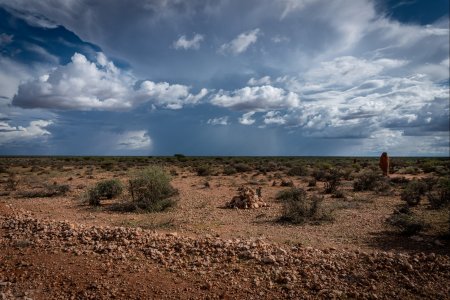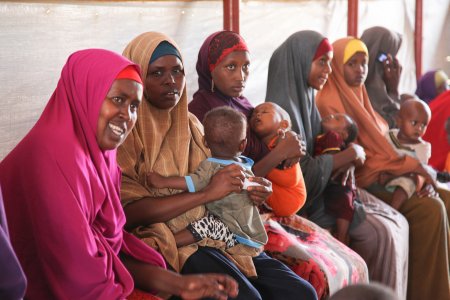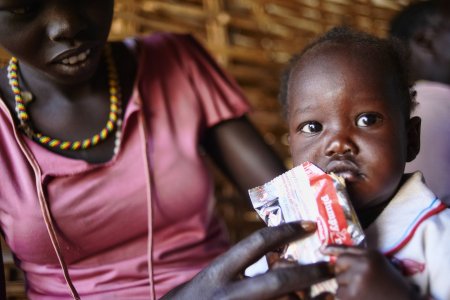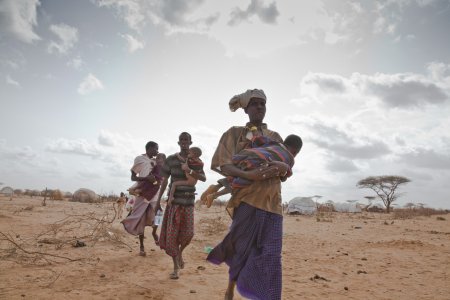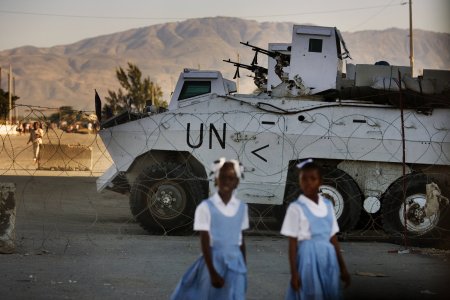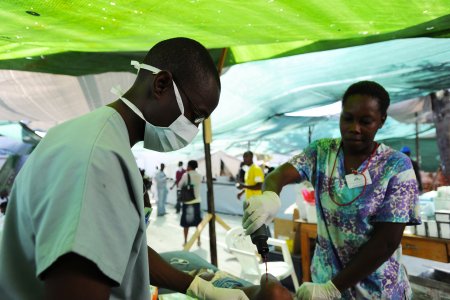Myths and beliefs about natural disasters and the efficacy of international relief efforts
Natural disasters and conflicts are the focal point for humanitarian action. These events, which often receive extensive media coverage, are frequently misrepresented in terms of their effects, causes and the ability of international relief workers to aid the victims. This collection of studies attempts to deconstruct these myths.
Should Médecins Sans Frontières join the fight against global warming?
Following an article co-written by members of the Swiss and Canadian sections of MSF, Fabrice Weissman presents a critical analysis of the arguments put forward by his colleagues. An analysis that could be useful to the entire movement, and to the humanitarian community as a whole.
Behind the scenes in the “natural" disaster community: a discussion with Sandrine Revet and Rony Brauman
To mark Editions MFSH’s publication of Les coulisses du monde des catastrophes « naturelles », on 14 November 2018, CERI (Centre de recherches internationales Sciences Po - CNRS) presented a discussion with its author, Sandrine Revet, CERI anthropologist and co-founder of the Association pour la Recherche sur les Catastrophes et les Risques en Anthropologie (ARCRA), and Rony Brauman. CRASH recommends this book to anyone with an interest in natural disasters and international relations.
Horn of Africa: the weaknesses of a controversial operation
In a report titled "A Dangerous Delay", Oxfam and Save the Children rebuke everyone - governments, humanitarian organisations, the United Nations - who participated in the humanitarian response to the food crisis that struck the Horn of Africa in recent months.
If you have to starve to death, better to do it in a war-torn country
For the past several months, news about food shortages and famines affecting large segments of the East African population have been fueling donation appeals from major public and private aid organizations.
When the United Nations cry wolf
The United Nations announces a famine and that 12.4 million people are threatened by drought in the Horn of Africa. Radio and television repeatedly broadcast an appeal for donations to UNICEF, brandishing disturbing figures.
Haïti : on aid and reconstruction
One year after the earthquake in Port-au-Prince, a number of observers and actors are questioning the international aid : reconstruction is at a standstill, homeless people are still facing the same situation and the deadly cholera epidemic reminds us that international aid has not helped to improve the very poor sanitation system.
International Emergency Aid put to the Test in Haiti
Emotions generated by the brutal and murderous character of a natural disaster are not calmed by the feeling that the victims bear a certain responsibility for the origins of the drama.

